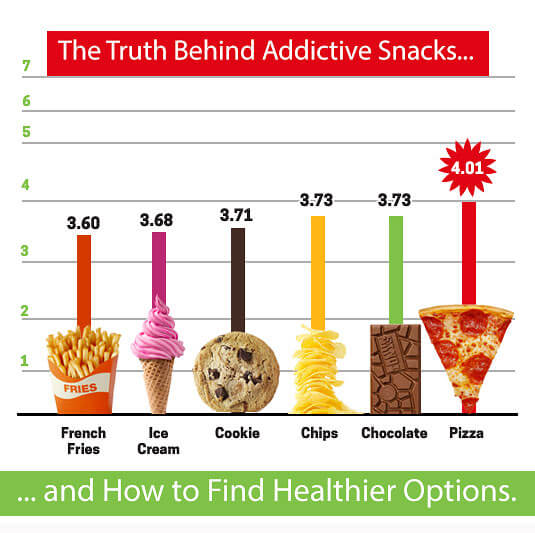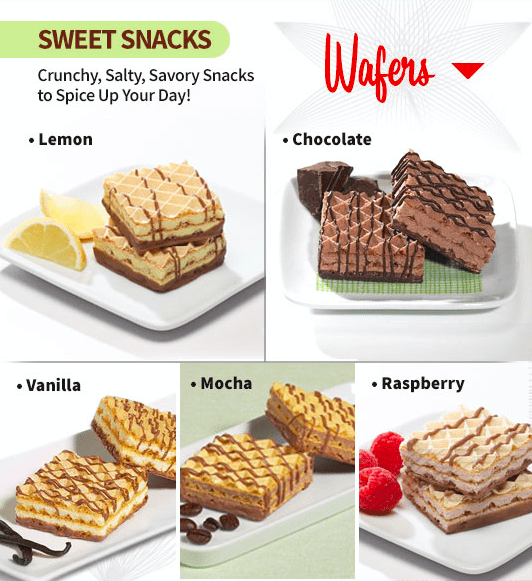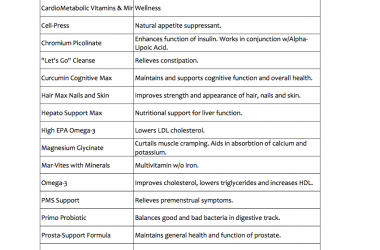February is National Snack Food Month, but that doesn’t mean that we’re suggesting you run out and celebrate with your favorite chips, crackers and cookies. This is a month for awareness about how these addicting snacks are triggering compulsive thoughts, adding pounds and leading us back to the cupboard over and over. The consumer-targeted snacks that we love, strategically developed by food scientists and engineers, can act powerfully like a drug, and many snack favorites are widely misunderstood due to the packaging and advertising which are often intentionally misleading.
 Processed foods have an impact on the brain that has been proven by researchers to trigger our brain’s reward center, setting off neurotransmitters, resulting in a feeling of pleasure and creating an escape during periods of hunger, stress and boredom. The problem is that most people do not understand how junk food affects our bodies overall, and this includes those who may consider just the total calories of food instead of the harmful effects or benefits of food options. Here is a breakdown of how processed foods work, and how discovering alternatives, including healthier snacks, may be a life-changing decision.[/vc_column_text][/vc_column][/vc_row]
Processed foods have an impact on the brain that has been proven by researchers to trigger our brain’s reward center, setting off neurotransmitters, resulting in a feeling of pleasure and creating an escape during periods of hunger, stress and boredom. The problem is that most people do not understand how junk food affects our bodies overall, and this includes those who may consider just the total calories of food instead of the harmful effects or benefits of food options. Here is a breakdown of how processed foods work, and how discovering alternatives, including healthier snacks, may be a life-changing decision.[/vc_column_text][/vc_column][/vc_row]
What Are Processed Foods?
Most food that comes in a box or bag likely has a list of ingredients that looks more like the end credits of a movie than a simple few key easy to pronounce ingredients. Processed foods have mechanical and chemical processes applied to its combination of core ingredients to ultimately alter the food and/or preserve it. While nearly impossible to avoid all packaged foods, some are actually healthy, including items like whole grains, frozen veggies, canned beans, nut butters and Greek yogurt.
Examples of processed foods to avoid, or at least to heavily vet, are cereals, shelf breads, cookies, candies, crackers, condiments and sugary drinks, including fruit juices and sodas. The easy way to determine the degree of processing of a particular food is by checking the ingredients on the package. As a general rule, the more ingredients found on a product label that cannot be pronounced, the greater the likelihood that the food industry is manipulating the food so that we eat more, as well as extending its shelf life. Both objectives increase corporate profits and our waistline. These products can be deceiving; advertising potentially one health benefit on the packaging while still heavily processed, contributing to overeating, addictive cravings and weight gain. The fact that most of us can’t eat just one chip, a single piece of chocolate or only a spoonful of our favorite ice cream, is concrete evidence that the addictive nature of processed food is intentionally engineered to increase cravings and get us to eat more than we need.
Why Are Addictive Foods Processed?
Food Engineering is the process of ensuring all packaged food has optimal taste, is safe and is produced in a way that results in a maximum shelf life. Natural, organic foods typically have a more limited shelf life, so if they don’t sell quickly, they spoil and thus cannot be sold. For the packaged food industry to thrive and optimize profits, they create products designed for maximum shelf life without risking the health of the consumer.
- Potential benefits of processed foods:
- Saves time.
- Immediate, although short-term, relief of hunger and cravings.
- Theoretically, less expensive.
- Reality of processed foods:
- Many studies have shown that ‘fast food’ actually costs more.
- We eat more than we need because of its addictive nature.
- Generally high in carbs, hidden fats and sodium, and low in fiber and nutrients.
- Directly contributes to the obesity epidemic, now the number one cause of death in this country, and responsible for increased risks of developing cardiovascular disease, Type-2 Diabetes, various forms of cancer and many other illnesses.
- Additional hidden risks:
The presence of various food additives and preservatives are often not heavily tested and potentially pose very significant health risks, particularly when being exposed to them in various combinations and in larger quantities, over a lifetime.
 Debunking “healthy” Packaged Snacks.
Debunking “healthy” Packaged Snacks.
Many packaged brands use misleading words and design their labels and advertising to lead us to believe the “low carb” snack or “gluten free” product is good for us. We suggest putting the ingredient list to the test, as discussed above, to see if that product is truly worth purchasing. You may see healthy claims on a box of cereal, but once you flip it over and see 20+ ingredients, it may be best to put it back on the shelf. Simply seeking out low carb snacks is only part of the mission; making that lifestyle change to avoid processed foods (like popcorn and instant ramen) takes a bit more “reading between the lines”. Medical studies also have shown that low calorie, non-nutritional sweeteners (such as in sodas and fruit juices) actually stimulate additive and addictive food cravings.
Processed Food Alternatives
Cutting out processed foods altogether may be challenging, however there are simple steps to take to reduce their use and optimize your health. Buying local, freshly made food is a great first step to avoid the processed food pitfalls. Planning ahead by choosing healthy recipes with natural, minimal ingredients is a great way to develop better habits overall. For those committed to a low-carb regimen, there are great snack alternatives that are low in net carbs, contain healthy core ingredients and are packed with protein.
Not all packaged snacks are addictive and undesirable. The key is once achieving an ideal weight, to balance food choices so that a small deviation does not spark an uncontrollable eating binge. These snacks are made with more protein, less carbs, sugars and unhealthy fats, and are processed in a way that doesn’t compromise your health.
References:
https://www.healthline.com/nutrition/how-to-overcome-food-addiction (Healthline: How to overcome food addiction)
https://interestingengineering.com/what-does-a-food-engineer-actually-do (Interesting Engineering: What does a food engineer do?)
https://www.mcgill.ca/foodscience/what-food-science (McGill: What is food science?)
https://www.cookinglight.com/eating-smart/smart-choices/what-are-processed-foods (Cooking Light: What are processed foods?)
https://www.healthline.com/health/food-nutrition/processed-foods-to-avoid (Healthline: Avoiding processed foods)
https://www.cardiomenderweightloss.com/product-category/protein-snacks/






